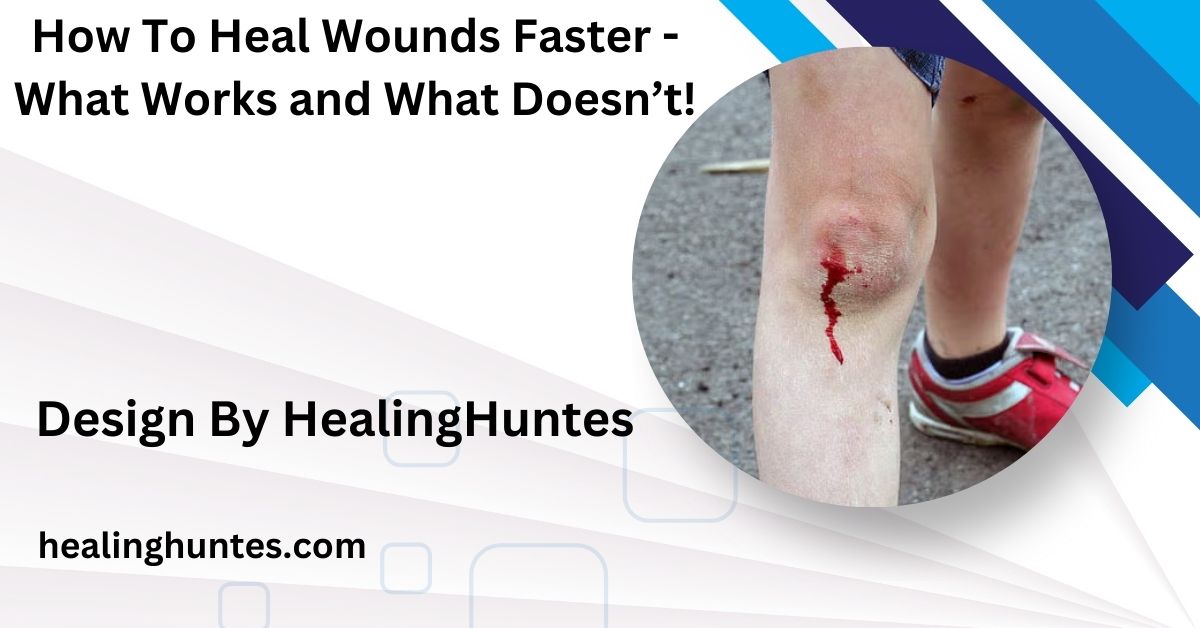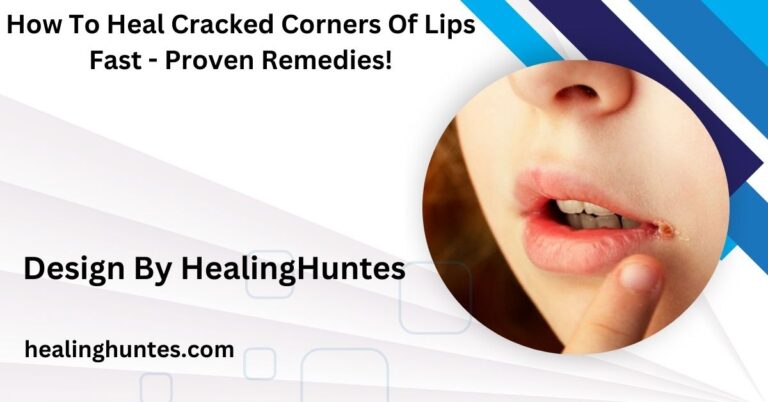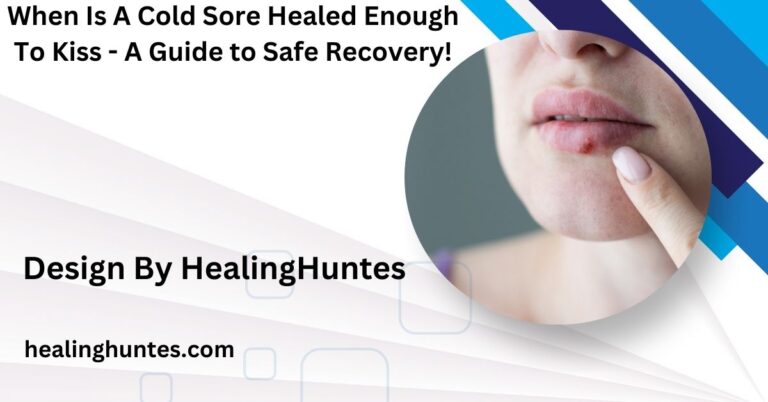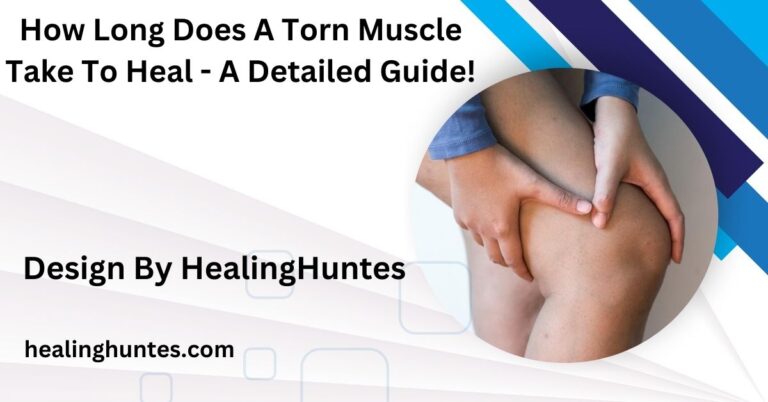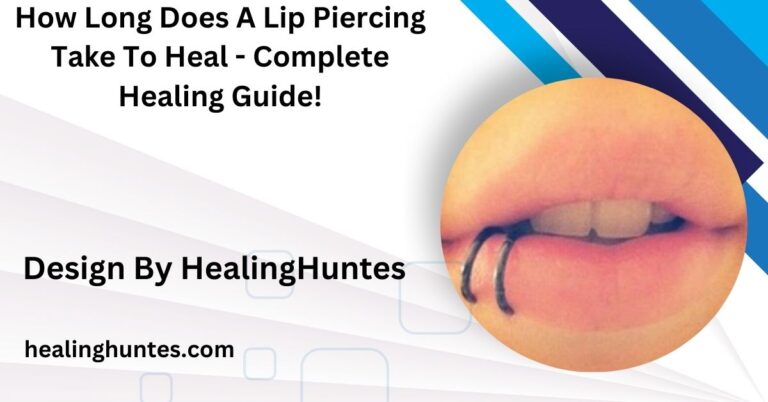How To Heal Wounds Faster – What Works and What Doesn’t!
Clean the wound, keep it moist and covered, eat nutrient-rich foods, and use natural remedies like honey or aloe vera for faster healing.
This guide provides essential tips, dietary advice, and remedies to speed up wound healing naturally and safely.
Understanding the Basics of Wound Healing:
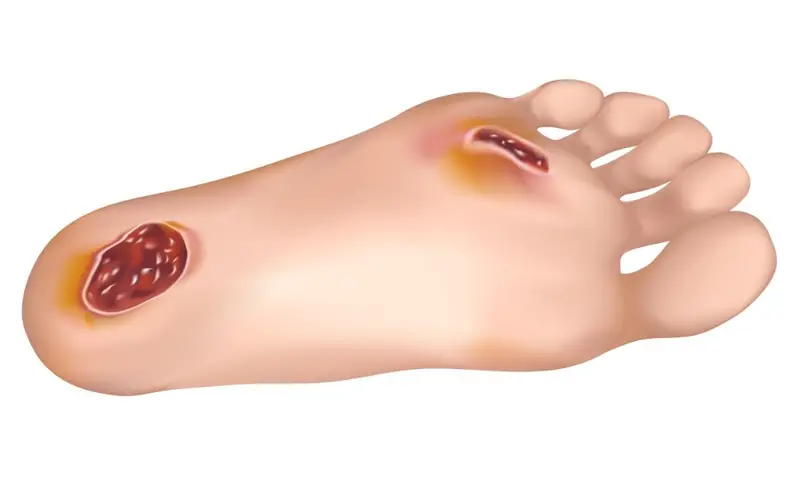
Wound healing is the body’s natural process of repairing damaged tissues. It involves three main stages: inflammation, tissue growth, and remodeling. Each stage plays a critical role in closing the wound and restoring the skin’s integrity.
Factors Influencing Healing:
Several factors affect the speed of healing. These include age, overall health, the depth of the wound, and proper wound care. Chronic illnesses like diabetes or smoking habits can significantly delay recovery.
Steps to Heal Wounds Faster:
To heal wounds faster, start by cleaning them with mild soap and water to remove dirt and bacteria. Apply an antibacterial ointment to keep the wound moist and cover it with a sterile bandage. Change the dressing daily and monitor for signs of infection. Proper hydration and avoiding strain on the injured area also support quicker healing.
Clean the Wound Immediately:
Proper cleaning is the first step toward faster healing. Use mild soap and clean water to gently wash away dirt and bacteria. Avoid harsh chemicals like hydrogen peroxide, which may damage healthy tissues and slow the process.
Also Read: Can Ruptured Disc Heal On Its Own – Insights And Recovery Tips!
Keep the Wound Moist and Covered:
Moist wounds heal faster than dry ones. Applying a thin layer of antibacterial ointment and covering it with a sterile bandage helps retain moisture and protect the area. Change the dressing daily to prevent infections and promote healthy tissue growth.
Protect the Wound from Infections:
Infections can hinder the healing process and lead to complications. Regularly clean the wound with antiseptic solutions and monitor for signs of infection, such as redness, swelling, or unusual discharge. If these occur, consult a healthcare provider promptly.
Foods That Help Heal Wounds:
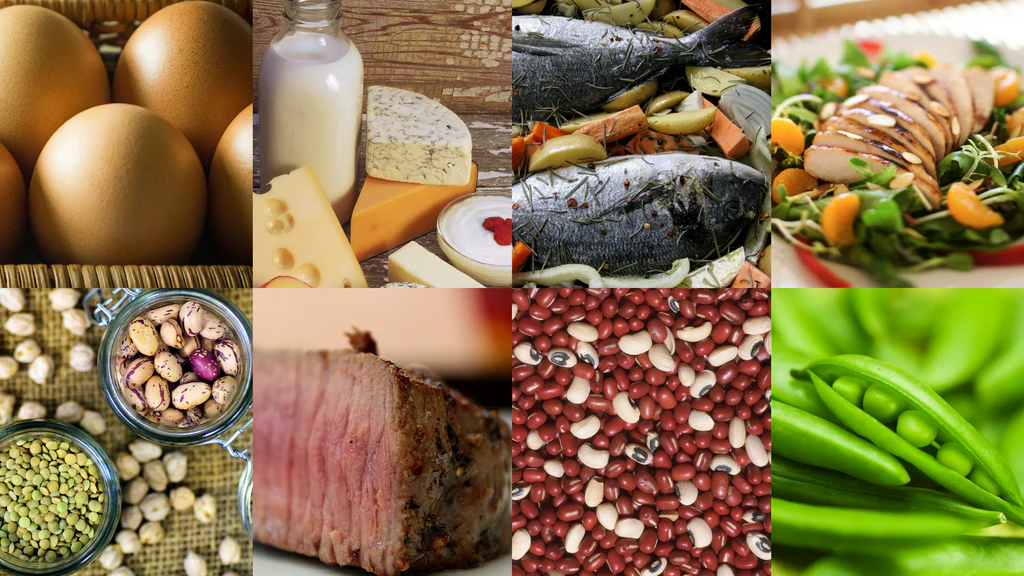
Certain foods can speed up wound healing by providing essential nutrients. Protein-rich foods like eggs, chicken, and fish repair damaged tissues, while vitamin C from oranges and bell peppers boosts collagen production. Zinc from nuts and seeds strengthens the immune system. Staying hydrated also supports overall recovery.
Nutritional Support for Healing:
A balanced diet plays a vital role in wound healing. Foods rich in protein, vitamins, and minerals provide the nutrients needed for tissue repair and immune function.
- Protein-rich foods: Eggs, lean meats, and legumes for tissue repair.
- Vitamin C sources: Citrus fruits, bell peppers, and broccoli to boost collagen production.
- Zinc-rich foods: Nuts and seeds to support immune function.
Specific Foods for Faster Healing:
Include protein-rich foods like eggs, fish, and lean meats to repair damaged tissues. Vitamin C-rich fruits like oranges and strawberries aid in collagen production, while zinc from nuts and seeds boosts immunity and accelerates the healing process.
Also Read: How To Treat Wounds That Won’t Heal – Best Practices Explained!
Home Remedies for Faster Healing:
Home remedies like honey, aloe vera, and coconut oil are effective in promoting faster healing. Honey acts as a natural antiseptic and keeps the wound moist. Aloe vera gel reduces inflammation and soothes the skin, while coconut oil hydrates and protects against infections. Use these remedies consistently for optimal results.
Honey for Natural Antibacterial Protection:
Honey has powerful antibacterial properties that help prevent infections and promote healing. Applying a thin layer of honey keeps the wound moist and creates an ideal environment for tissue repair. Regular use can speed up recovery and reduce scarring.
Aloe Vera to Reduce Inflammation:
Aloe vera gel soothes inflamed skin and encourages faster regeneration of damaged tissues. Its cooling properties make it ideal for reducing redness and irritation. Apply fresh gel directly to the wound daily for optimal healing benefits.
Coconut Oil to Prevent Dryness:
Coconut oil deeply hydrates the skin, preventing dryness that can slow wound healing. Its antimicrobial properties protect the wound from infections while promoting smoother skin. Consistent use can also help minimize scar formation over time.
Preventing Scars During Healing:
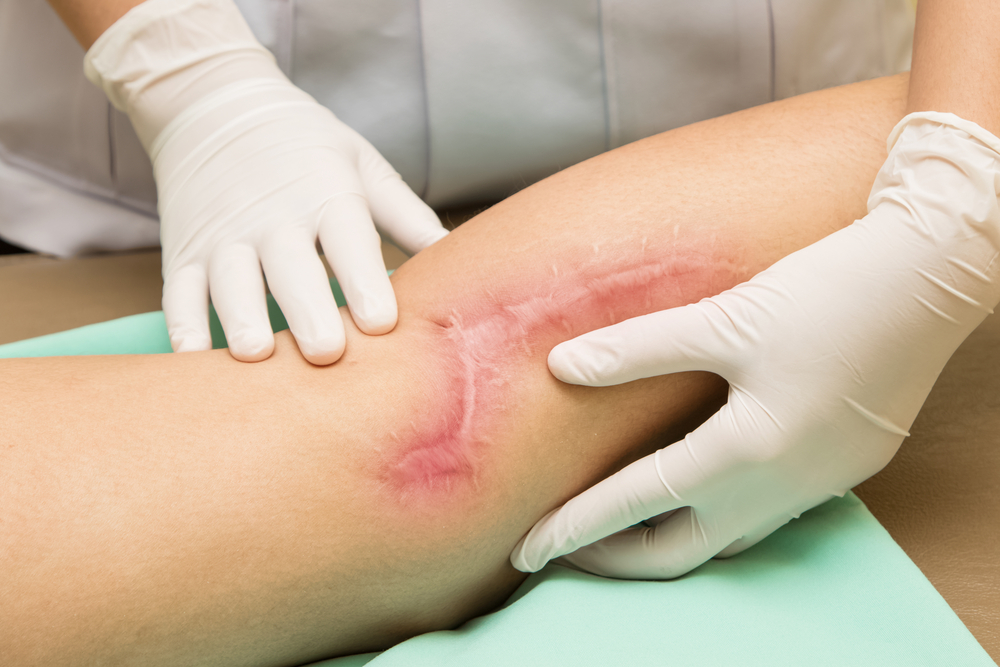
Preventing scars begins with proper wound care, such as keeping the wound clean and moist. Avoid picking at scabs, as this can disrupt the healing process and increase scarring. Use silicone gel sheets or creams to reduce scar visibility. Protect the wound from sunlight to prevent discoloration and enhance healing.
Importance of Proper Wound Care:
Proper wound care is essential to minimize scarring. Avoid picking at scabs as they serve as natural protective barriers and promote healing from within.
Additional Tips for Scar Prevention:
Using silicone gel sheets or scar creams can help reduce scar visibility. Also, protect healing wounds from direct sunlight, as UV exposure can darken scars and make them more noticeable.
When to Seek Medical Attention:
Seek medical attention for wounds that are deep, have jagged edges, or won’t stop bleeding after applying pressure. Watch for signs of infection, including redness, swelling, and discharge. If you notice fever or worsening pain, consult a healthcare provider immediately to prevent complications and ensure proper treatment.
Recognizing Serious Wounds:
While most wounds heal at home, some require medical care. Deep cuts, puncture wounds, and injuries with persistent bleeding should be evaluated by a doctor to prevent complications.
Signs of Infection:
Infections can significantly slow healing and pose serious risks. Look for warning signs like increased redness, warmth around the wound, foul-smelling discharge, or fever. Seek professional care immediately if any of these symptoms occur.
FAQ’s
1. What delays wound healing?
Poor nutrition, infections, smoking, and certain medical conditions like diabetes can slow down the healing process.
2. How often should I clean a wound?
Clean the wound once daily unless directed otherwise by a healthcare professional.
3. Can exercise affect wound healing?
Moderate exercise can boost circulation and promote healing, but avoid activities that strain the injured area.
4. Are natural remedies effective for wound healing?
Yes, remedies like honey and aloe vera can support healing, but they should not replace medical care for severe wounds.
5. How long does it take for a wound to heal completely?
The time varies based on the wound’s size and depth, but most minor wounds heal within 1–3 weeks.
Conclusion
Healing wounds faster requires consistent care, proper hygiene, and the right nutritional support. By cleaning wounds promptly, keeping them moist, and protecting them from infections, you can accelerate recovery and minimize complications. Incorporating healing foods and natural remedies enhances the process, while preventing scars requires careful attention during healing. Always seek medical help for serious injuries or infections to ensure safety and effective treatment. Proper care ensures optimal wound recovery.
